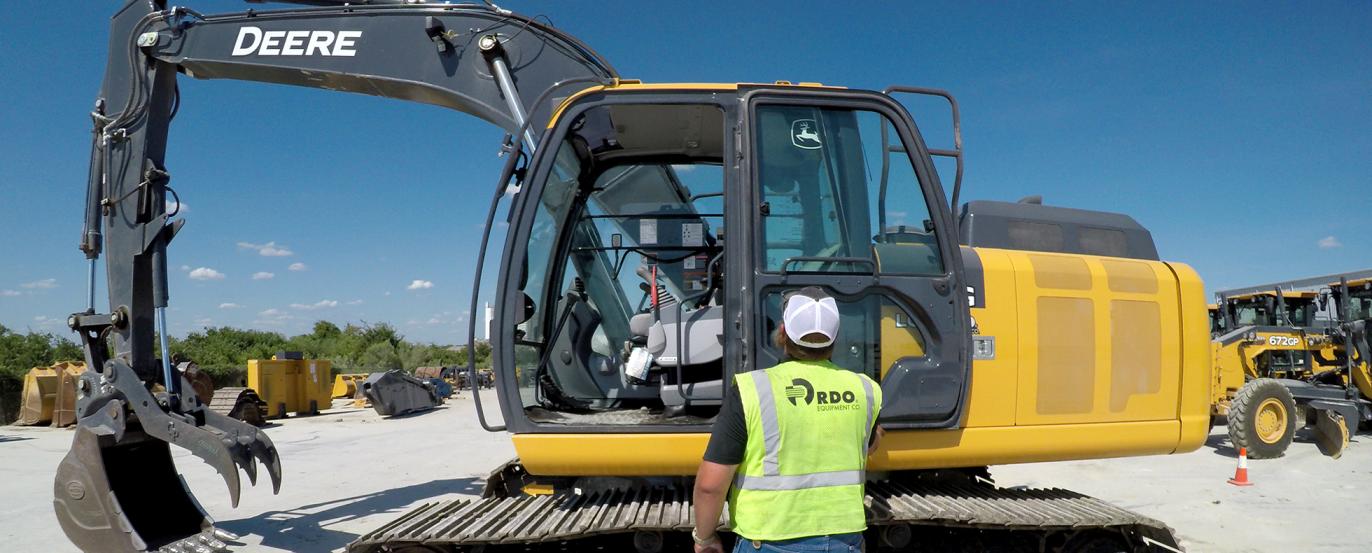
From excavators and bulldozers to cranes and trucks, these machines are critical in getting projects done on time and within budget. However, even the most robust equipment can suffer from wear and tear if not properly maintained. That's why I am a big proponent of fleet managers using preventative maintenance alerts to schedule routine inspections. With a trusted partner like RDO Equipment Co., team members or fleet managers can set up machine monitoring alerts so operators will be notified when their machine needs more oil or when they need to call in an experienced technician to fix an issue.
Lubricants are essential for reducing friction and wear between moving parts, extending the life of equipment and ensuring optimal performance. Choosing the proper lubricant for your specific application can significantly affect your equipment's short-term and long-term performance. Listen to this episode to learn best practices for protecting your equipment investment.
When selecting a lubricant, it's essential to consider the total life cost (TLC) rather than just the upfront purchase price. While a cheaper lubricant may seem appealing initially, it may provide a different level of protection or performance than a higher-quality product. This can lead to premature equipment failure, increased downtime, and higher repair costs.
In contrast, a higher-quality lubricant may cost more upfront but can save you money in the long run by extending the life of your equipment and reducing maintenance costs. For example, a lubricant with better anti-wear properties can help prevent bearing damage, while an improved viscosity can protect against overheating and wear.
Once you've selected the suitable lubricant, it's essential to take proper care of it to ensure optimal performance and protection. Here are some best practices for contractors:
Proper lubrication is essential to equipment maintenance and can save contractors money in the long run by extending equipment life, reducing downtime and preventing costly repairs. By choosing the right lubricant, following best practices, avoiding common mistakes, and scheduling maintenance with a trusted dealer, contractors can ensure their equipment operates at peak performance for years.
What happens during an annual inspection? Austin Majerus, a Service Technician at RDO Equipment Co., explains the inspection process for Motor Graders with Dennis Howard in this episode of the Track.
Want to hear more from Senior Vice President of Equipment Dennis Howard? Then follow The Track, a web series from RDO. Subscribe on YouTube or check out more episodes here.